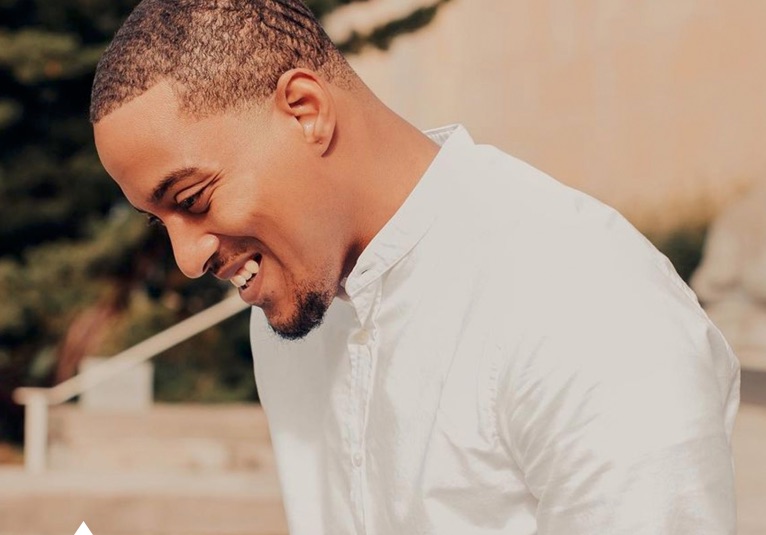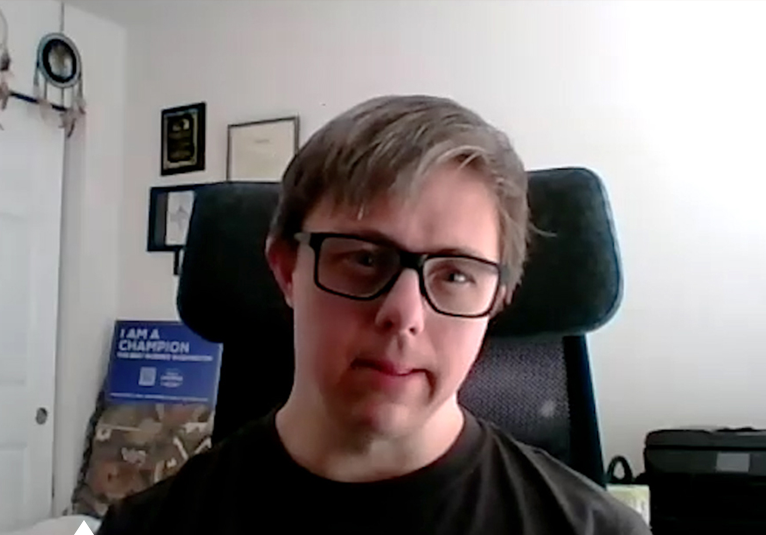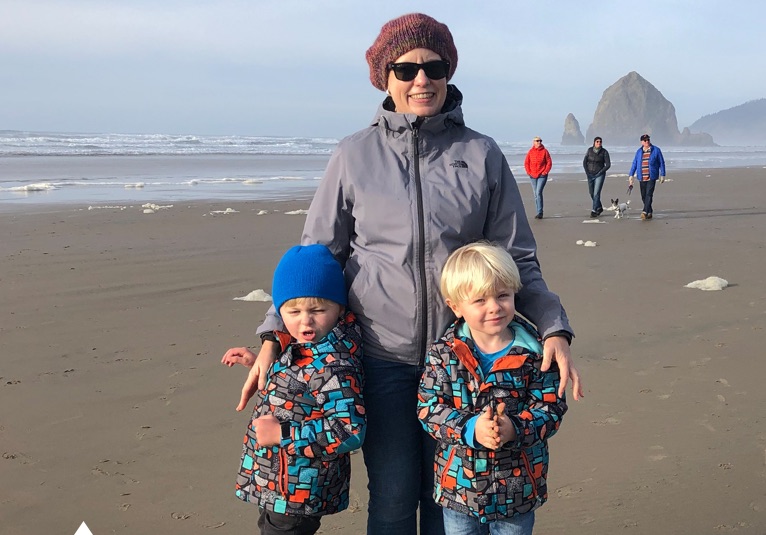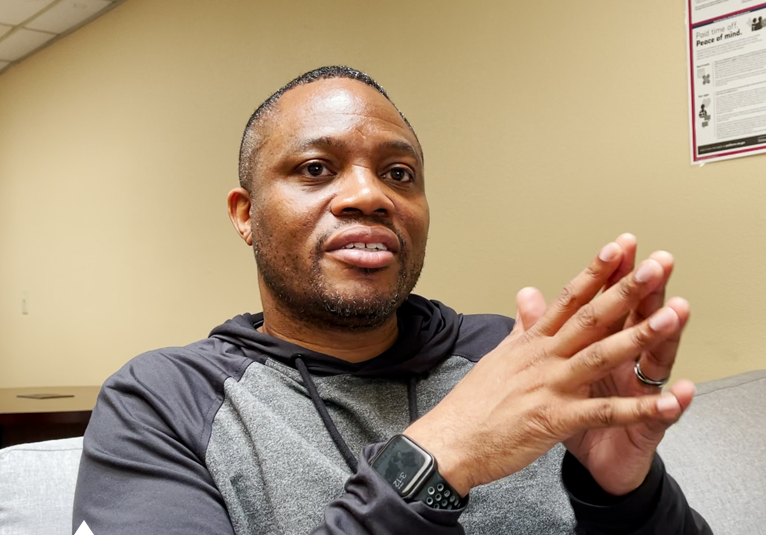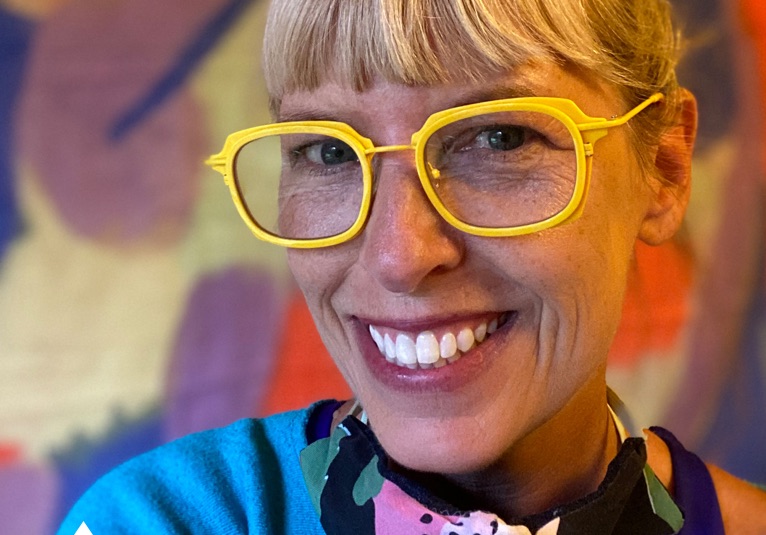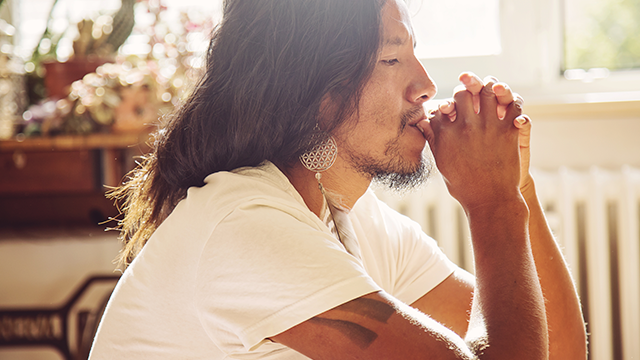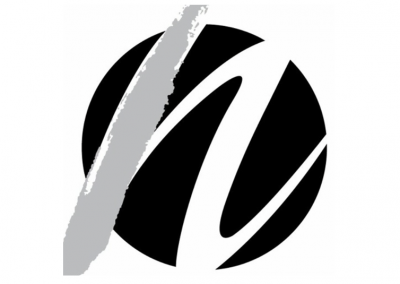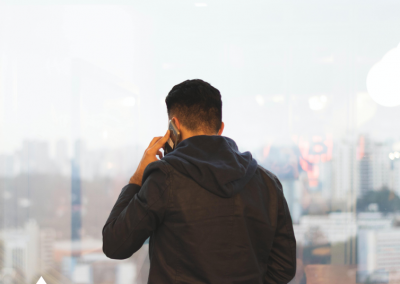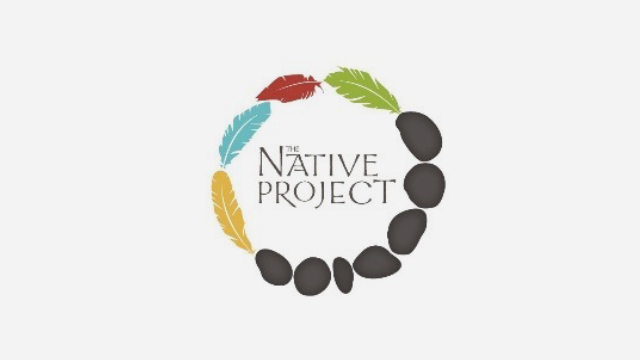Trayvon W. Being a black male as a doctor is so rare. It’s so, so rare.
Meet Dr. Trayvon-Conrad Webster.
In 2020, I tried to commit suicide four times. I was in isolation and didn’t know how to wrestle with certain things. A lot of services were shut down. Then when you could get the service, you were in a waiting list for two months. I needed the person-to-person interaction.
Trying to get the access to that was very tough. I can only imagine someone who’s not in my position struggling. I’m an adjunct professor at Pierce College where I teach teachers how to talk about race, get familiar with what’s impacting students, and build racial equity teams to analyze policy, practices, and procedures that are historically oppressive to our students of color.
I own my own company called Black Boy Heal, where we focus on the mental health services of African-American male-identifying students, whether that’s trans, cisgender, non binary, in the K-to-12 school system. I was in foster care as a youth and a lot of things that happened in there made me struggle with who I was. My voice was silenced a lot because I didn’t know who to talk to. And often during that silence, I was afflicting harm on myself. Navigating and coping weren’t things that I was aware of.
How can I support you? Support me in a way that’s meaningful to me.
Being a Black male as a doctor is so rare. It’s so, so rare. I think we’re probably like 1% in the country as educators, and I think it’s like 2.3% for medical doctors. It’s a statistic that we must be aware of and know is a struggle. Even if we are provided that access, they still try to deny us certain positions because they’re fearful of the change that we might bring. There’s a struggle getting job opportunities or seeing yourself less than because you’re getting the minimum wage work or the entry level positions.
They tend to make me an adjunct instead of giving me the proper channels to be a tenured professor. We don’t have as many tenured professors. They look white, they look like white males and white women. It’s a struggle and it’s hard. I have to go back to my words of affirmation that I had to speak into my love language: Who do you want to be? You deserve to be here.
COVID-19 took a big hit on me, but it also made me aware of how to sit in my trauma, and how to learn how to strengthen up and get more aware of things that I need in my life, and how to center family. With this virus and racial pandemic going on in the country, it made me be able to reach out to loved ones and speak to folks that I normally don’t speak to. And that gave me my collective healing, too, because those folks were able to tell me about things they were struggling with. And now we can be like: “How can I support you?” “Support me in a way that’s meaningful to me.”

